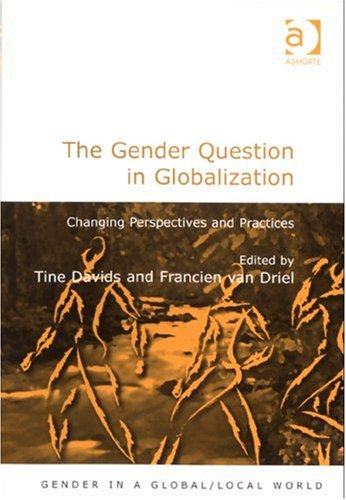

Most ebook files are in PDF format, so you can easily read them using various software such as Foxit Reader or directly on the Google Chrome browser.
Some ebook files are released by publishers in other formats such as .awz, .mobi, .epub, .fb2, etc. You may need to install specific software to read these formats on mobile/PC, such as Calibre.
Please read the tutorial at this link: https://ebookbell.com/faq
We offer FREE conversion to the popular formats you request; however, this may take some time. Therefore, right after payment, please email us, and we will try to provide the service as quickly as possible.
For some exceptional file formats or broken links (if any), please refrain from opening any disputes. Instead, email us first, and we will try to assist within a maximum of 6 hours.
EbookBell Team

4.3
78 reviews"It is frequently assumed that globalization has the same features and impact everywhere on this globe, such as the feminization of poverty, labour and even peace. These ideas circulate in official documents and scientific writings, where they settle practically as truths and become global orthodoxies. This book is about deconstructing those orthodoxies. Moreover, it goes beyond dichotomous thinking of the global and the local, the modern and the traditional and women and men as opposite entities, and focuses on the global/local entanglement.Now available in paperback, this volume is a multi-layered gender analysis applied to the global/local nexus where globalization is not treated as a linear and top-down process with a known outcome and pre-conceived definition of gender. Instead, the approach scrutinizes the dynamics of each context on its own merits, including the agency of women and men. This results in unexpected outcomes and highlights a variety of differences in sometimes seemingly similar global processes.Through this gender lens, different and new meanings of gender appear, rooted in multiple modernities. The issues addresses include international labour restructuring, secuality, national identities, international feminism, peace building and migration, and the contexts in which these processes are studied are no less varied, ranging from the Latin American to the African, European and Asian continents.